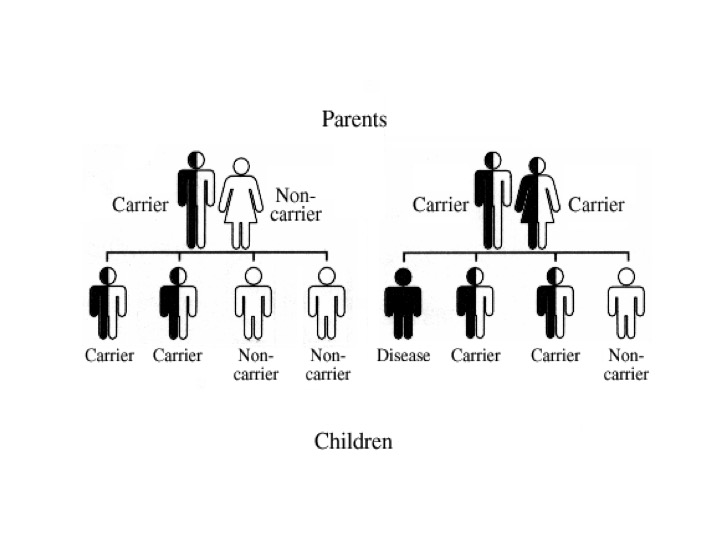
At InVia Fertility Specialists, a small but significant percentage (? 5%) of our patients are taking antidepressants. The commonest medications being used are the selective serotonin reuptake inhibitors (SSRIs) and the majority of these patients seem to be doing very well. A question I get asked very often is, are these medications safe during pregnancy? Will they affect my baby? To a lot of these patients, stopping these medications is not a good idea and will result in recurrence of the depression. It is almost like having a well-tuned sports car that was running very well, having a flat tire! Dr David Abel (a maternal fetal medicine expert practicing in California) discussed the use of SSRIs in a recent issue of Contemporary Obstetrics and Gynecology.
Here is a summary of what he says:
 A woman has a 10% to 25% risk of being diagnosed with major depressive disorder at some point in her life, with the greatest risk occurring during the childbearing years. It is estimated that 14% to 23% of pregnant women will experience a depressive episode while pregnant. The number of pregnant women in the United States using antidepressants during pregnancy ranges from 7% to 13%.
A woman has a 10% to 25% risk of being diagnosed with major depressive disorder at some point in her life, with the greatest risk occurring during the childbearing years. It is estimated that 14% to 23% of pregnant women will experience a depressive episode while pregnant. The number of pregnant women in the United States using antidepressants during pregnancy ranges from 7% to 13%.
If SSRIs are abruptly stopped, neonates may demonstrate (10 – 30% chance) a constellation of symptoms similar to the withdrawal-type phenomenon seen in adults (poor neonatal adaptation, PNA). Signs and symptoms of PNA include poor muscle tone, jitteriness, weak or absent cry, increased motor activity, seizures, low blood sugar levels, heightened startle reflex, jaundice, rarely respiratory failure. These are usually mild and self-limiting. To reduce the risk of PNA some researchers have suggested stopping SSRIs 14 days before delivery. This, however, does not seem to improve neonatal outcomes and can have a negative impact on the mother’s depression symptoms especially in the vulnerable postpartum period.
Persistent pulmonary hypertension of the newborn (PPHN) is a serious condition with a 5 – 10% mortality rate. In babies with PPHN, the blood flow to the lungs is reduced and can be associated with congenital heart disease and diaphragmatic hernia. A possible link between late SSRI exposure (when used in the second half of pregnancy) and PPHN was suggested by a couple of recently published studies. There seem to be problems with the methodology used in these studies. Other studies have failed to show any such association. The absolute risk of PPHN remained extremely small (3 – 12/1000 live births) and the benefits of SSRIs likely outweigh this marginal risk.
Most studies have failed to demonstrate a link between SSRI exposure and fetal malformations. In 2005, a report by the drug manufacturer of paroxetine (Paxil) noted a 1.5-fold risk of cardiac defects (primarily atrial and ventricular septal defects) in children exposed in utero to paroxetine. This prompted the FDA to change the pregnancy category of paroxetine from C to D and issue an advisory for clinicians to consider discontinuation of this medication, or to reduce the dose to decrease the risk of PNA and PPHN. The data in this report were not published in a peer-reviewed journal and were derived from a Swedish registry and a US insurance-claims database, sources with inherent bias and methodological limitations.
A December 2006 Committee Opinion from the American College of Obstetricians and Gynecologists does not specifically state that paroxetine is absolutely contraindicated during pregnancy but advises that its use preconceptionally or during gestation should be avoided if possible. The opinion added that “the benefits of paroxetine therapy in a given pregnant patient may outweigh the potential risks” and “fetal echocardiography should be considered for women who were exposed to paroxetine in early pregnancy. Subsequently, prospectively ascertained data from several large studies did not show an association between paroxetine exposure in early pregnancy and cardiac malformations.
The absolute risk (if any) of specific defects is small.
Other studies looked at SSRIs including fluoxetine (Prozac) and citalopram (Celexa) over many years. There have been isolated reports of heart defects and neural tube defects but the absolute risk remains small. Also these studies did not control for confounding variables such as alcohol use.
In summary, evidence that SSRI exposure increases the risk of congenital anomalies is conflicting, but reassuring overall. If there is indeed an increased risk, the question of biologic plausibility remains. All SSRIs are rated pregnancy category C, with the exception of paroxetine (Paxil), which is a category D as previously discussed.
Use of SSRIs does not seem to impact the babies IQ, language, behavior or temperament. What about autism? A recent study found a two-fold increase in autism spectrum disorder (ASD) but the difference was not statistically significant. The numbers of exposed patients in the study were small and no firm conclusions can be drawn regarding the link between SSRI exposure and ASD.
The American Academy of Pediatrics considers all SSRIs compatible with lactation. SSRI molecules do pass into the mother’s milk due to their low molecular weight, but the infant dose remains minimal. In a review of antidepressant use during lactation, the researchers prefer sertraline (Zoloft) and paroxetine (Paxil) due to their low infant dose as compared with other SSRIs. Some have suggested that continuing SSRIs in the postpartum period may reduce the risk of PNA if it is a withdrawal phenomenon. There are no adequate studies looking at this. Women with depression are particularly at risk of postpartum depression, which can have grave consequences if untreated. At this time, irrespective of the specific SSRI, it is reasonable for women to continue their SSRI in the vulnerable postpartum period and to be encouraged to breastfeed.
 Infertility treatment can be challenging emotionally. At InVia, our patients have access to an excellent psychologist. In addition, we offer patients the option of trying yoga and acupuncture. Patients on SSRIs should discuss their use with their psychiatrist. If they really do need the medication, the benefits of taking them usually outweigh any potential risks.
Infertility treatment can be challenging emotionally. At InVia, our patients have access to an excellent psychologist. In addition, we offer patients the option of trying yoga and acupuncture. Patients on SSRIs should discuss their use with their psychiatrist. If they really do need the medication, the benefits of taking them usually outweigh any potential risks.
Infertility treatment InVia Fertility Specialists Handling stress Yoga

Entire Website © 2003 - 2020
Karande and Associates d/b/a InVia
Fertility Specialists
